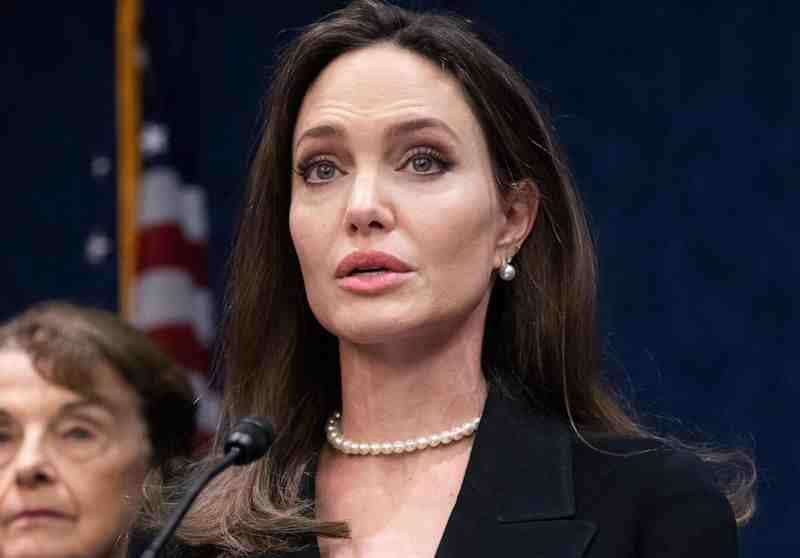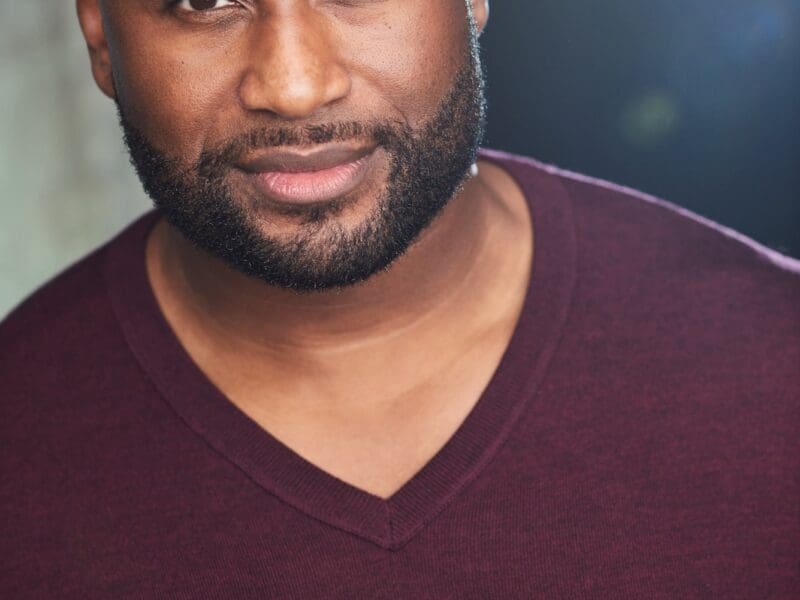
An interview with Lucia Senesi, director of ‘A Short Story’
Director Lucia Senesi broke onto the indie film scene in 2015 with her directorial debut Le Conoscenze difficili. But 2016 is when she gained major recognition for her full-length documentary Avanti, covering the socio-political crisis in Italy.
But Senesi is an artist through and through, and felt drawn to go back to her fictional roots. Her new short film A Short Story does just that. Telling the story of three women involved in the same discussion between a mentor and her student, A Short Story has received numerous accolades from various festivals so far.
We spoke with director Lucia Senesi about her mission as a filmmaker and the inspiration behind A Short Story.
What was the inspiration behind making A Short Story?
I was interested in writing a female story in which the women are complex individuals rather than victims. In fact, they play an active role in society by defending a position, or fighting to gain one, or reacting to abuse. For me, there are at least three conversations in this story: one on gender, one on race and one on class.
My point of course isn’t that women are a certain way merely because they were born women. My point is that women live in a society that is still conceived for men, and therefore the elephant in the room in my story is a man.

How does being a woman influence your directing?
I don’t think it does, stylistically speaking. An interest in storytelling, and certain social dynamics, are part of the female universe now because for so long those stories were omitted or told in a simplistic way. But I never write a story to send a message, I don’t believe a film is a political act.
I think that your mission as a writer is to write well, and your mission as a director is to direct well. If your writing and your directing are bad, you can’t send any message, to say nothing of making political statements. Personally, I’m interested in female stories not as a woman but as a storyteller.
Which directors inspired your work? Can you please name three influential directors in your work?
I dedicated A Short Story to Bernardo Bertolucci. He passed away when I was in pre production. It was very emotional for me. He is really the last of the emperors, in terms of big Italian directors.
His legacy is challenging for me because it’s a starting point. It’s not something that belongs to the past, it’s always here and it’s evolving because our society evolves. Michael Haneke and Pawel Pawlikowski also influenced my approach to filmmaking. I like directors that are very exact with their choices and camera movements.

You also write the scripts of your films. How long have you been writing scripts? Do you only write as a filmmaker?
Ten years at this point. I’m also a writer. Actually I consider myself a writer first. I know that I think as a writer because I always have to adapt my language when it comes to directing. The language of literature and that of film stand in opposition to each other.
All they share is that they are both based on technique and structure. But isn’t that true of all artforms? There’s a lot of talk about technique and meaning but for me technique is meaning. As for your second question, I like to write my own films myself, but I’m definitely fascinated by adaptations. I hope I’ll have the chance to work on that too.
Your films have premiered in many film festivals and they have also won awards. Do you recommend that filmmakers submit their work to film festivals? Do film festivals support the careers of filmmakers?
Yes, absolutely. It’s super competitive out there but it’s through festivals that you build your career. I think young filmmakers should focus on small festivals. They should find out where the festival programmers are going to reward the quality of a film rather than the status of the people involved.
How challenging is it to distribute an independent film? How do you find an audience for short films?
It’s really hard and it takes years. You have to keep trying despite the rejections. If you believe that your work has value, you’ll find someone to support it. A Short Story found a television distribution with ShortsTV. All I did was submit the film, and the person who watched it decided it had value.

How can cinema change the world?
I think that we need to make a distinction between mainstream and independent cinema. I’m not against entertainment but I honestly believe that Hollywood and Disney have turned into propaganda that makes young people neurotic and miserable.
Independent cinema works on the other side of the tracks, because it forces the audience to overcome their conformism and make their own decisions. Indeed cinema can only change the world if it’s able to change the conscience of the viewer.
What genre of film fascinates you? Which genre do you prefer to work in, and why?
I feel comfortable working with drama because that’s the structure that I feel closest to. In the Italian tradition, there’s always a considerable amount of comedy in drama and I like that a lot. For example, last year the American Cinematheque screened Visconti’s The Leopard at the Aero Theatre. The viewers, even the younger people in the audience, couldn’t stop laughing.
That film is two and a half hours long, and it’s very political. It talks about power and how people in charge use political correctness in order to maintain that power. But the plot and the dialogue are presented in such a way that every scene is fun and the audience enjoys the journey. That’s the kind of film I like best.
What is your next film project?
I’m working on the feature version of A Short Story. I also have another project, starring Timothy V. Murphy. People who read the script tell me it’s hilarious and weirdly sexy. Isn’t that what we’re going to need after 2020?







